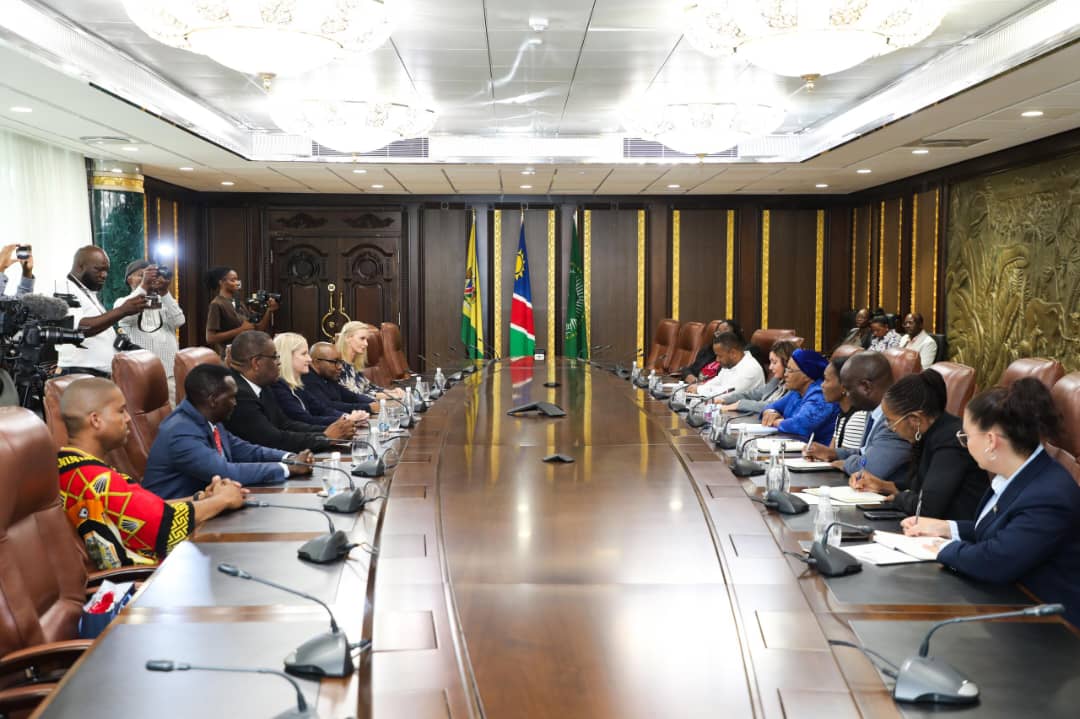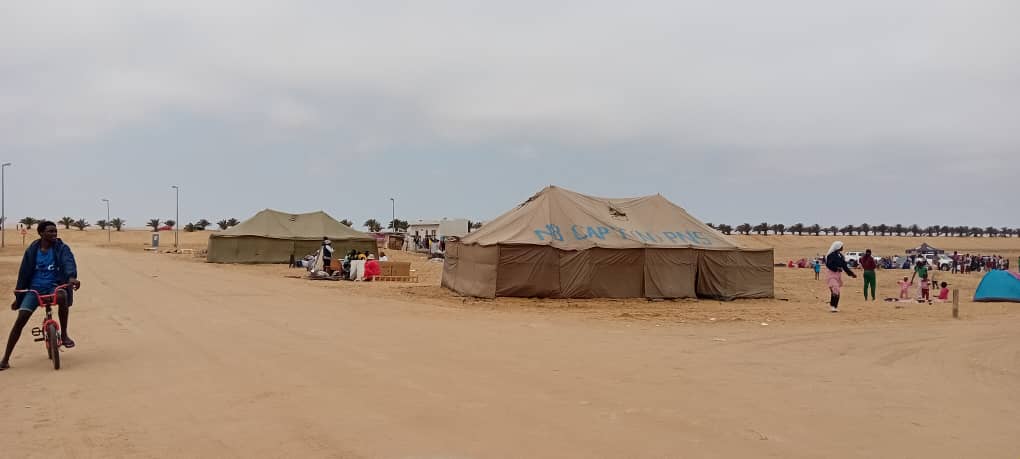IF I was an angry Namibian citizen last week, I am now an angry Otjiherero-speaking Namibian! Since my last column on the Chinese bursaries, our Government responded through a press conference at which the Minister of Education tried to explain the controversy surrounding the bursaries.
Instead, the said press conference generated more heat than light and accentuated my resolve to again raise this issue, albeit through a micro-level of analysis. We have capacitated an external actor to perversely shape the domestic context.I don’t know of any country that has become as controversial and divisive as China’s presence in Namibia: abusive labour practices on the part of Chinese employers in contravention of our laws, the alleged corrupt and parasitic practices as is the case with Nutech and Tecko, and the dominance of Chinese construction companies at the expense of the indigenisation of our economy.Irrespective of how we may want to reason unreason, it is abundantly clear that China provides the biggest foreign policy challenge to Namibia. And what is now obvious is that such a challenge is in a direction that does not necessarily bode well for the cohesion of our nation. Under Western colonialism, occupying powers would choose certain ethnic groups over others as a means of control and subordination.The French through ‘la Françafrique’ applied such methods with devastating consequences in Rwanda and Cote d’Ivoire; apartheid South Africa divided Namibians to a point where we became each other’s enemies instead of keepers.In theory, we have been trying since independence to foster a culture of national unity.The hollow policy of national reconciliation has been a step in this direction.We had assumed that the new Republic and the values of justice enshrined therein would bring about the dilution of ethnic distinctiveness, as the spread of ethical values would mean us abandoning atavistic rivalries and ethnic solidarity.However, Chinese scholarships given by the Chinese government to largely Oshiwambo-speaking Namibians with the indifference, perhaps collusion of our government, is an act that negates all the things that a decent Republic should aspire to be. If at all Government was not aware as the Minister of Education claimed, it further raises serious questions about the capacity of our government to craft a proactive foreign policy vision vis-à -vis China.Ordinarily, for a foreign embassy to callously award scholarships to one ethnic group demands that we speak seriously to our Chinese friends.President Hifikepunye Pohamba and several leaders decry on occasion tribalism and the rise of ethnic politics as a vice that could destroy the fabric of our nation. However, such slogans would ring hollow if Government is not vigilant with regard to what is actually happening in government agencies and offices, including how the Chinese choose to use ethnic criteria to award scholarships in a sovereign country.Could we naively argue that the Chinese embassy is not aware of what it means to grant scholarships to students from one ethnic group in a diverse society? Or is it line with China’s vision of its own domestic context in which the majority Han population marginalises and demands the subservience of all other minority ethnic groups? Certainly, granting scholarships in this manner is no accident, but is part of well-calibrated tactical foreign policy input on the part of the Chinese government, with a desire to shape certain strategic outcomes.Notwithstanding his own hand in the matter, if President Pohamba is serious about the rise of ethnic politics and tribalism, it is incumbent upon him to call China’s ambassador to State House for clarification on why the Chinese mainly chose students who are Oshiwambo-speaking.The sociologist, Emile Durkheim emphasises the degree to which society is based on the maintenance of social and moral codes.In a moral Republic, these would mean that our sense of self and belonging is tied to the recognition that we are granted in line with our inputs as citizens, irrespective of our ethnic backgrounds as Hereros, Damaras, Mafwes, Subias etc.However, if the Chinese embassy or some in Government are indifferent about the diversity of our country, a weakening of ties to the Republic on the part of the ‘insignificant others’ may lead to anomie, that is, feelings of isolation, loneliness and meaninglessness. And when these insignificant others reach a state of being angry and disillusioned citizens, they are not only in need of survival manuals, but also dangerously, the Republic itself is in need of a survival manual.* Alfredo Tjiurimo Hengari is a PhD fellow in political science at the University of Paris Panthéon Sorbonne, France.
Stay informed with The Namibian – your source for credible journalism. Get in-depth reporting and opinions for
only N$85 a month. Invest in journalism, invest in democracy –
Subscribe Now!










